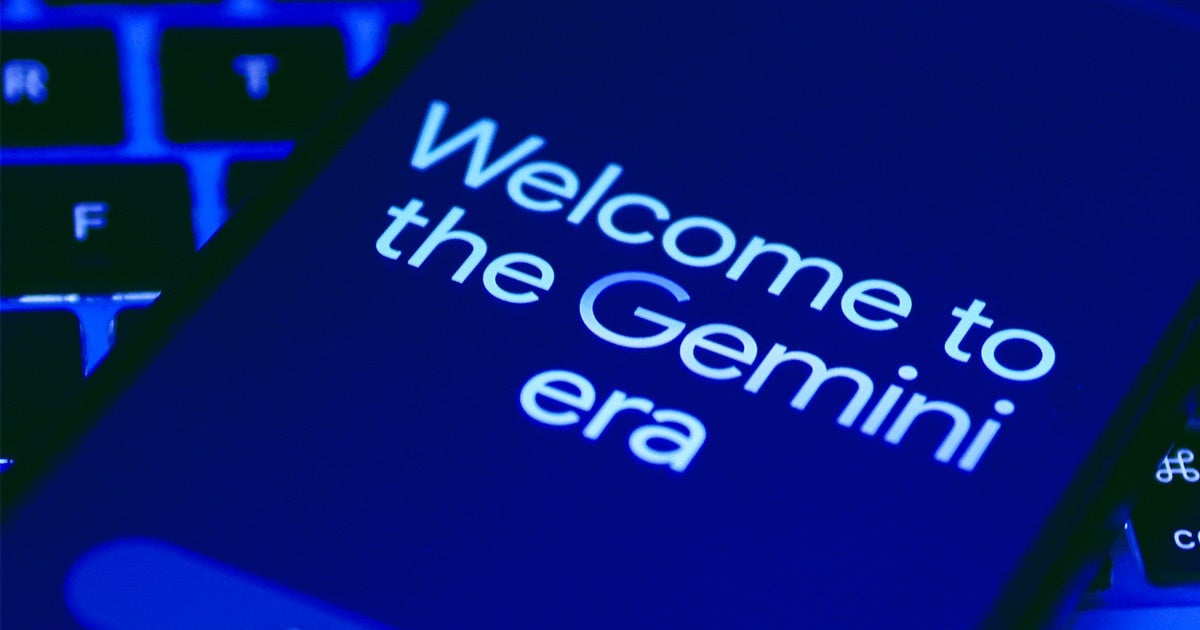Google’s notoriously wonky AI Overviews feature — you know, the one that repeatedly makes up facts and literally tells users to eat rocks — is about to get a whole lot more annoying.
On Thursday, the tech giant announced that its AI-generated search summaries will now begin to show ads above, below, and within them, as a way of demonstrating that the technology is capable of actually making money.
It will also serve to assuage concerns that AI chatbots could eat into search ad revenues, which are Google’s biggest cash cow.
Now, if you search how to get a grass stain out of jeans, as seen in an example in Google’s blog post, you’ll get an AI summary which contains a carousel of relevant website links, plus a heavy helping of “Sponsored” ads for stain removers. Revolutionary stuff.



In case anyone reading this is curious, Kagi is not capable of storing the impossibly vast and expensive data storage and speeds required to query large indexes of the internet, and so leverages Google and Bing indexes in its search, which is exactly what SearXNG and DuckDuckGo both do for free.
What you pay for is honestly a fancy UI and the ability to quality control the search results for them, again already done for free by other search engines.
Wait, for real? I really thought kagi had its own thing going on, and that was why people would pay for it. Not like a fully bespoke index, but I assumed it was more than that. I guess the “quality control” is what I had heard about.
There’s no way on Satan’s green earth that a small startup company started in 2018 has a search engine index as large and fast as the one started 30 years ago and has been indexing the entire internet since then (Google). Even Microsoft can’t compete without dumping billions of dollars into Bing by forcing people to use it as default on their operating systems, renting/purchasing the now ancient Yahoo indexing databases, leeching software engineer talent from competitors with promises of huge paychecks, and greasing hands in China.